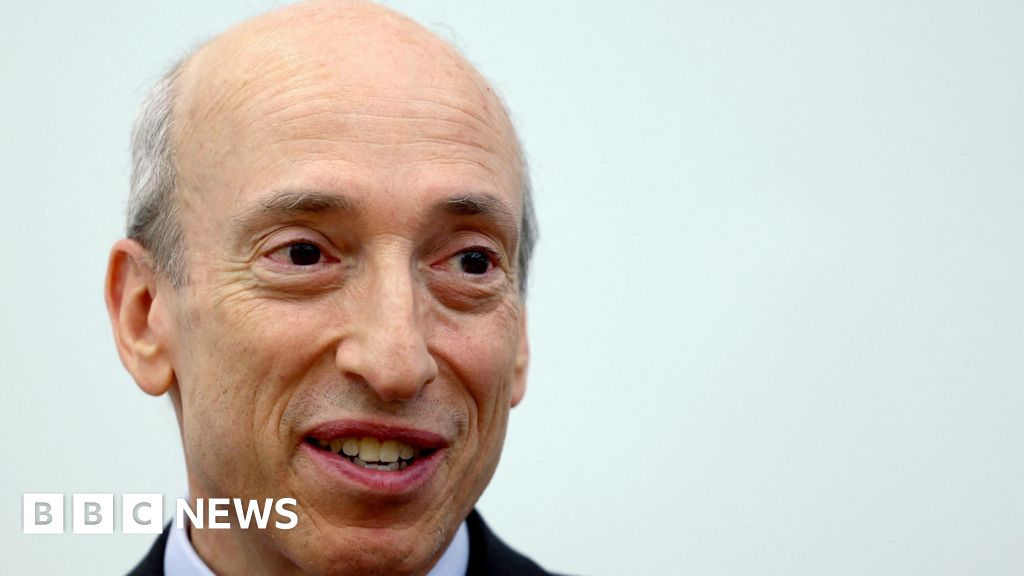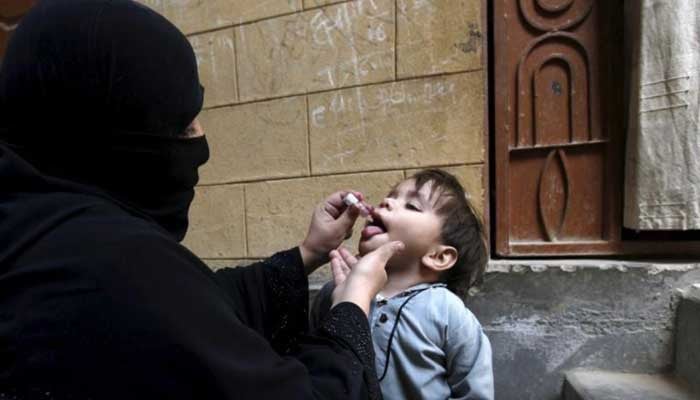- “Timely detection of virus crucial in protecting children,” Patel says.
- Minister insists parents and caregivers must ensure vaccination.
- Dr Baig says Pakistan and Afghanistan are epidemiological block.
ISLAMABAD: Minister for National Health Services, Regulations and Coordination Abdul Qadir Patel Tuesday confirmed Pakistan’s first detection of the wild poliovirus in 2023 — found in an environmental sample in Lahore.
The last poliovirus case from Lahore was reported in July 2020. However, the virus has been periodically detected in its sewage water. Last year, four environmental samples were found positive for the virus.
The poliovirus found in Gulshan-e-Ravi’s sample found links to Afghanistan’s Nangahar province from last November, the Pakistan Polio Laboratory at the National Institute of Health (NIH) said.
Meanwhile, Patel said that the two “countries are united in the fight against the virus and are working together to eradicate” the crippling disease.
He renewed the government’s commitment to completely eradicate the crippling disease from the country.
He added that while the isolation of the virus was a cause of concern, it was excellent to note that it was detected promptly. “This timely detection of the virus in the environment was crucial to protecting children from being paralysed by the poliovirus.”
Stressing the need to vaccinate children timely, the minister said: “The only way to stop the virus is to vaccinate all children under the age of five. It is critically important that parents and caregivers, particularly in Lahore, ensure that their child is vaccinated in the February round.”
Dr Shahzad Baig, Coordinator of the National Emergency Operations Centre (NEOC), said “this is not unexpected since Pakistan and Afghanistan are considered as one epidemiological block in which polioviruses move across borders as there is widespread population movement”.
He added: “In the past year, we have worked very closely with the Afghanistan programme and treated the virus in either country as our own. Neither Pakistan nor Afghanistan can be free of polio until both countries can interrupt transmission.”
The nationwide immunisation campaign that concluded on January 20 this year vaccinated children in the Lahore division, while additional campaigns will also be conducted in February and March to address the outbreak.
Polio is a highly infectious disease caused by poliovirus mainly affecting children under the age of five years. It invades the nervous system and can cause paralysis or even death.
While there is no cure for polio, vaccination is the most effective way to protect children from this crippling disease. Each time a child under the age of five is vaccinated, their protection against the virus is increased.
Repeated immunisations have protected millions of children from polio, allowing almost all countries in the world to become polio-free, besides the two endemic countries of Pakistan and Afghanistan.














































